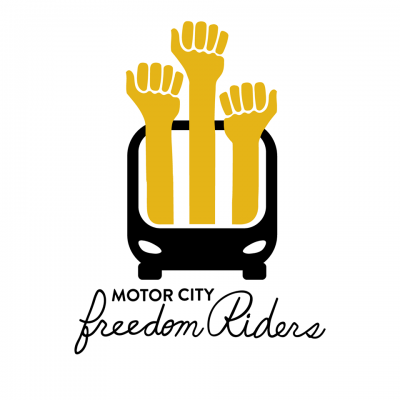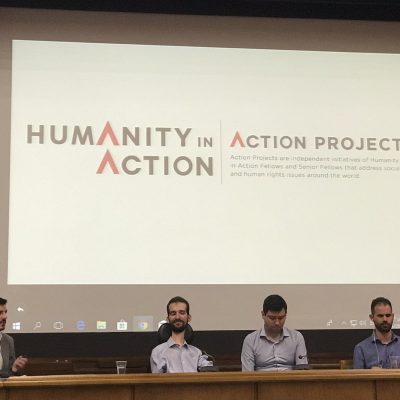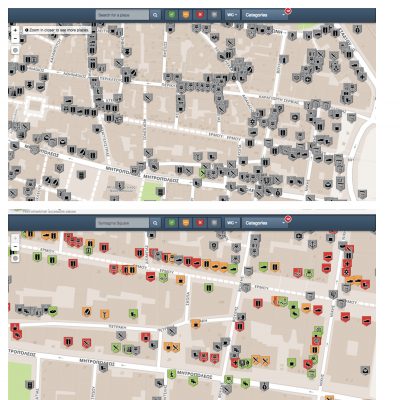Article
Having worked in transit advocacy previously, Senior Fellow Hannah Wagner saw the need to expand the conversation around transportation accessibility to the outer suburban communities in metro Detroit. From those who cannot afford any other option but public transit, to those whose disability makes them transit-dependent, to those whose communities and environment suffer from overwhelming dependence on single occupancy vehicles, Hannah saw that voices were being left out of the transit conversation.
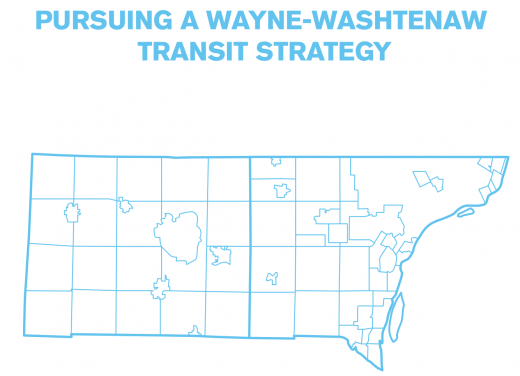
“Voices are being left out of the transit conversation”
Most transit improvement efforts are centered in the city proper and the neighboring communities, but Hannah knew that the metro Detroit region as a whole was in dire need of accessible transportation options. “Suburban communities house major job centers and act as hubs to economic, social, and political life in Southeast Michigan, yet are inaccessible to Detroit area residents who are dependent on public transportation options. The history of racist and classist exclusionary tactics used to build up suburban communities has not gone away as time has passed, and there still remains a deep distrust of city residents by those living in the suburbs.” Hannah wanted to build a bridge to connect these communities and dispel remaining sentiment surrounding the nature of public transit and those who use it.
“…A bridge needs to be built to connect these communities and dispel remaining sentiment surrounding the nature of public transit and those who use it.”
Hannah’s role as a transit advocate within metro-Detroit was focused on dispelling stereotypes and negative sentiment surrounding public transportation in the region’s suburban communities. By involving community organizations, local political officials, and residents themselves, the goal was to create a dialogue and eventually change of mindset on the issue.
The majority of Hannah’s work was and is being done with Motor City Freedom Riders. She ran a campaign and was elected to the Board of Directors, where she is now able to help steer the direction of the organization and help develop projects. She serves as co-chair of the Suburban Wayne County Committee, and works to expand their presence in outer ring suburbs. Through this role Hannah helps to organize meetings with local elected officials to try and sway them toward supporting transit. She has written blog posts and social media postings as part of a wider outreach and advocacy effort. Additionally, Hannah helped Motor City Freedom Riders draft a “Plan B” – a two-county transit expansion plan that they are now working with elected officials to get into motion, as she saw that the Regional Transit Authority’s four country plan was likely going nowhere.
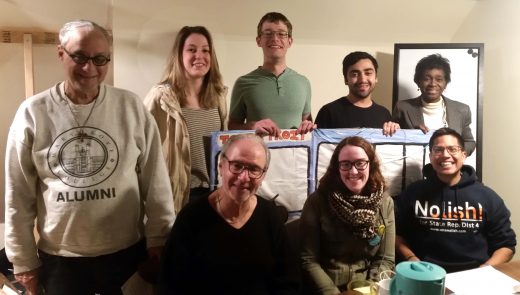
“I marked this project as complete, but the truth is that this advocacy work will never quite be done.”
Hannah continues to schedules meetings and educational events to spread the message and change the conversation on transit. Currently, the Motor City Freedom riders are grappling with the debate over Immigration and Customs Enforcement (ICE) and Customs and Border Protection (CBP) officers boarding transit to interrogate and potentially detain riders. The entirety of the state of Michigan lies within the 100-mile border protection zone, all parts of the region and state are subject to search. If anyone wishes to support the Motor City Freedom Riders goal, they can donate here.

